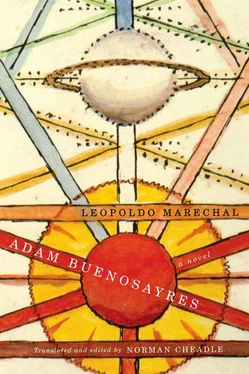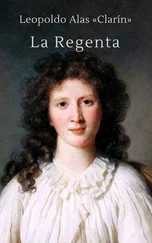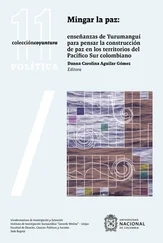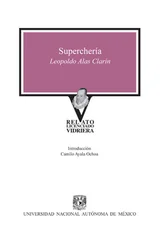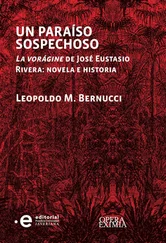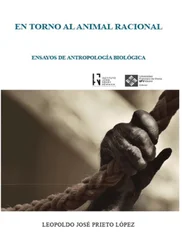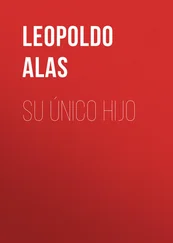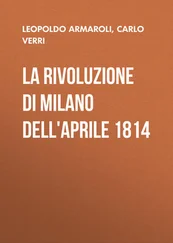Adam Buenosayres began to look sympathetically at the objects that were keeping him company on the trip. Inclining his torso toward the floor, he saw beneath the bed the following still life: a porcelain chamberpot, with little flowers painted against an onion-green background; on the pot’s left, his threadbare bathroom slippers; on its right, his old shoes, yoked unidirectionally in sleep, submitting to the dictatorial form of the Adamic foot, grimy with gross materials, comical because they highlighted in their laughable extremities man’s animal nature, lyrical in their reference to the human traveller and the beauty of his earthly translations, dramatic inasmuch as they revealed the peril and penury involved in human movement. Righting his torso, Adam passed in review the pomegranate and the rose, the fraternal pipes, the books on their shelves. His gaze then paused on the print of the Cristo de Lezo being crucified between sun and moon, a family heirloom brought from Pamplona by his grandmother Ursula that had fallen to him as the eldest grandson. His eyes at last came to rest on a photograph of The Throne of Venus , fixed by four thumbtacks to the wall. The goddess was arising from the sea, two great women steadied her by the underarms, her wet hair fell in a wash over her shoulders, and her breasts lifted haughtily or shook themselves like two wet seagulls. To kiss those breasts must have been like kissing a weeping face. How much she looked like Solveig in her portrait as an adolescent, which he’d seen in the big drawing room in Saavedra! She was only fourteen years old, her skirt short, her hair in ringlets. Maybe she came home from school with cardboard polyhedrons, the tetrahedron red as fire, the octahedron blue as air, the icosahedron clear as water, and the cube black as earth. Or perhaps she recited in class, in front of the coloured map: “The Republic of Argentina borders on the north with Bolivia, Paraguay, and Brazil.” If only he’d known her before, from her first breath! Adam told himself he had a right to such poetic usury, because no one had seen her the way he had, naked in her reality, exalted in her mystery. To be sure, he would take her his Blue-Bound Notebook…
The door opened. Irma flew in like a gust of wind, performing a balancing act with the breakfast tray. She threw it onto the table, looked for Adam’s eyes. Seeing herself ignored, she scolded saucily: “What a long face!” She slammed the door as she left. Her laughter tinkled outside. And Adam had said her eyes were like two mornings together.
Hesitant, his soul hanging from a thread and his heart thumping like a drum, Adam tapped his knuckles against the door of the other’s room. With bated breath, he listened a long while for some sign of life. But a hard silence reigned within that cave, as though room number five were not a hollow cube but a solid mass. Clenching his fist, Adam knocked again, then put his ear to the door; again the only response was a silence that seemed to revel in its very perfection.
“Koriskos answers not,” Adam said inwardly. “Koriskos sleeps.”
Determined that an enterprise so well begun should not fail, the visitor placed his hand on the doorknob and exclaimed:
— Open, Sesame!
The door swung open without a sound, and the visitor slipped into the cave.
— Close, Sesame!
The door closed ponderously behind him.
It is not unlikely that at this point the reader, facing an adventure so ominously begun, may be overcome by anxiety and abandon my novel in search of gentler climes. But if the blood of San Martín or Cabral 1still flows in his veins, and if the armour of his forebears hasn’t yet succumbed to the rust of centuries or the greed of dusty antique dealers, the reader will slough off his weakness and ask me: So, what was inside room number five? My answer: total obscurity, palpitating shadow, living darkness; as if the last night, hunted down by the day and its dogs, had taken refuge, trembling with fright, inside room number five.
(Samuel Tesler, philosopher, was born in Odessa 2beside the Pontus Euxinos, a happy and highly portentous circumstance that in his opinion destined him ineluctably to classical studies. Although he more than once insinuated that the supernatural was involved in his advent to this world, Samuel Tesler was not, like Pallas Athena, born from the majestic skull of Zeus, or even, like flinty Mars, thanks to an unusual percussion in the maternal vulva, but rather in the straightforward, natural way of ordinary folk. True, his enormous infantile head — the formation of which had so leached his mother of calcium that she lost most of her teeth — had resisted for long hours against crossing the sorrowful threshold into the world. In the end, it yielded to the heroic forceps, whose deployment left a bloody mark on each of his temples, two pitiful roses that his mother used to kiss and anoint with her tears. As for the manner of his breastfeeding, Samuel Tesler never denied having managed, albeit with great difficulty, to wring some juice from his mother’s desiccated dugs, and yet whenever he broached this subject, he always intimated the collaboration of some she-wolf or nymph at whose kindly breast he suckled alongside Jupiter. Historians, in spite of their abundant reticence on many matters, all coincide in affirming that Samuel Tesler did not undertake in his cradle any exceptional labour, having neither strangled the serpent of Hercules, nor squared the circle, nor even solved a third-degree equation with nine variables. On the other hand, it is well established that, possessed of a truly extraordinary diuretic capacity, he applied himself to wetting countless diapers, which his grandmother Judith hung to dry by the big stove in the kitchen. Even though his father was only a humble mender of violins and his mother a meek spinner of hemp, Samuel Tesler claimed to descend in a direct line from the patriarch Abraham and King Solomon; and whenever anyone cast doubt on the priestly character of his lineage, he pointed to his furrowed brow and swore up and down he could feel there the two horns of the initiates. He was barely five years old when he emigrated with his tribe and their gods to the lands of the River Plate, where he grew in ugliness and wisdom, scouted out landscapes, studied customs, got a feel for the people and, thanks to his amazing mimetic talents, came to consider himself a native of our pampas, even going so far as to wonder, when looking at himself in the mirror, if he wasn’t the spitting image of Santos Vega. 3)
The door closed behind him; Adam Buenosayres ventured a step into the blackness. He’d have gone further if he hadn’t at that moment recalled the wisdom of famous travellers in the night — Montecristo, Rocambole, and other paladins of our childhood — who always allowed their senses to adapt to the darkness. Heeding this useful lesson, Adam Buenosayres did not rashly continue forward, but stood stock-still and sent his five senses on ahead. The first to be assaulted was his olfactory sense: the thick stench of an environment corrupted by its relations with animal life, either through the exchange of gases between animal and atmosphere, or the fermentation of rancid sweat, or the biodegradation of urine imperfectly controlled during expulsion or too long stagnant in those receptacles that human dignity, always jealous of its prerogatives, has seen fit to call “chamber pots.” A moment later his keen sense of hearing picked up the rhythm of deep and laborious breathing in the depths of the lair; its alternate movement, in musical notation, went like this: inhalation in crescendo and sharp snore, exhalation in diminuendo and bass snore.
Anyone else might have trembled upon hearing the dragon breathe, but not Adam Buenosayres. Listening to the bellows wheezing in the dark, he reflected on the innocent vulnerability of sleeping persons and felt tenderness at his foe’s defencelessness. He might even have fallen down the slippery slope of tears but for a sudden break in the concert of respirational music. The dragon, still invisible, had abruptly turned over in bed and unleashed a gigantic explosion of flatulence.
Читать дальше
